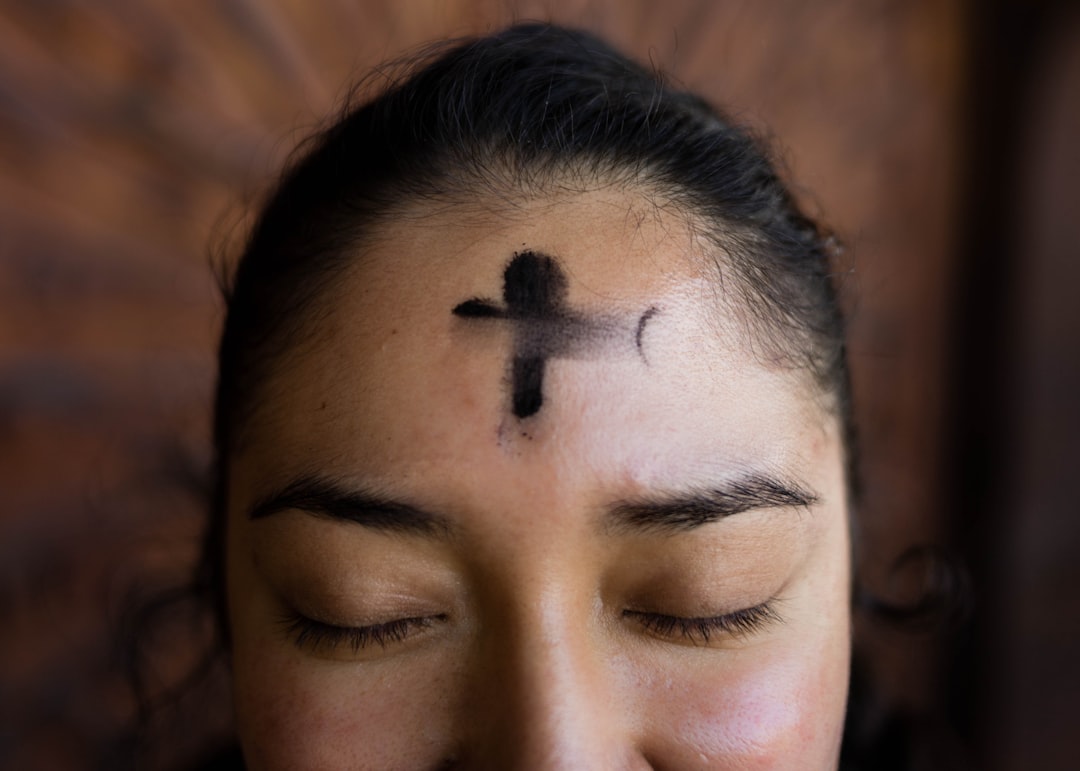Currently, we’re in the Lenten season, a time of fasting and abstinence, at least for the Catholics and Orthodox.

For Catholics, that means fish on Fridays1 and something not quite unlike fasting on Ash Wednesday and Good Friday. The United States Conference of Catholic Bishops define fasting as when “a person is permitted to eat one full meal, as well as two smaller meals that together are not equal to a full meal.” Which isn’t really fasting, that’s just eating but I digress.
The Orthodox take what they call Great Lent much more seriously. The rubrics are also much more complex, but in essence they’re instructed to eat an essentially vegan diet, avoid olive oil and wine, as well as abstain entirely from food on certain days2.
Whether you belong to a faith that prescribes these things or not, I think periods of fasting and abstinence are important to develop for fortitude and preparedness.
Fasting has become something of a health craze over the past few years, but unless you’re seriously overweight, I won’t repeat these claims. Fasting and avoiding protein unquestionably make you physically weaker. If you’re looking to build strength and muscle—as you should—fasting directly opposes that goal.
However, there are times when you may have to perform at your physical peak with little food or water. Sure, you may be able to deadlift 250 pounds when your stomach is full of chicken breasts and whey protein, but can you carry a friend to safety when all you’ve had for nourishment are nuts and berries you’ve found in the woods?
When we think about preparedness, we often think about gear and physical objects. At a higher level, we focus on skills and knowledge. Both are good, but an essential third element is resiliency and grit, which can really make the difference between life and death when the chips are down.
And the absolute best way to test and develop those traits is to experiment with them when things are otherwise okay. How can you realistically expect to bug out to the woods if you’ve never once slept outside? Maybe you’ve practiced developing bushcraft shelters, but would you be able to do that on an empty stomach after miles of walking?
Tips on starting a fasting discipline
Of course, I must encourage responsibility here. Fasting should be performed ideally under some medical and/or spiritual supervision. And of course, there are people for whom fasting is just a bad idea—diabetics and nursing mothers come to mind.
And, of course, there are other dangers. Walking into a gym on an empty stomach and lifting heavy things over your face is potentially disastrous. But personally, I find it important to test my limits under those kinds of stresses.
Start small
Don’t suddenly just wake up and announce, “I’m not eating today.” You’re setting yourself up for failure from the get-go. Start with a small and achievable goal, like not eating until noon or 3 PM, or forgoing meat for a day. (With the price of meat being sky-high, eating vegetarian on Wednesday and Friday probably isn’t a terrible idea.)
The goal here is to gently probe your weaknesses, not starve yourself or take on more than you can bear.
Stay a little hungry
You don’t have to cut out food entirely. What you’re going for here is seeing how little you need to get by. So maybe stick to your regular eating habits and just cut back on the portions. End each meal feeling a little hungry.
Don’t be hard on yourself
If break whatever guideline you’ve hit for yourself, there’s no need to beat yourself up. Take a break and try again later.
Don’t overdo it
Traditionally, the Lenten period of fasting and abstinence only lasts 40 days3, and even with the hardcore Orthodox variant, fasting is prohibited on Saturdays and Sundays (though the prohibitions against animal products, olive oil, and wine remain in effect).
Fasting is physically taxing, and there’s a good chance it’ll cost you some muscle mass. And if taken to an extreme, it can cause major health effects. There’s no reason to overdo it!
Jokes about weak Catholic fasting aside, the Fillet-O-Fish is truly a penitential meal.
If that seems extreme, it’s important to note that the Orthodox tend to go by the “spirit of the law” rather than letter of the law. The Church sets a high bar and encourages you to leap up to it, as opposed to the Catholic approach of setting a very low bar and threatening damnation if you don’t step over it.
Of course, the Orthodox have several other fasting periods throughout the year, but if you’re not Orthodox, don’t worry about it.


